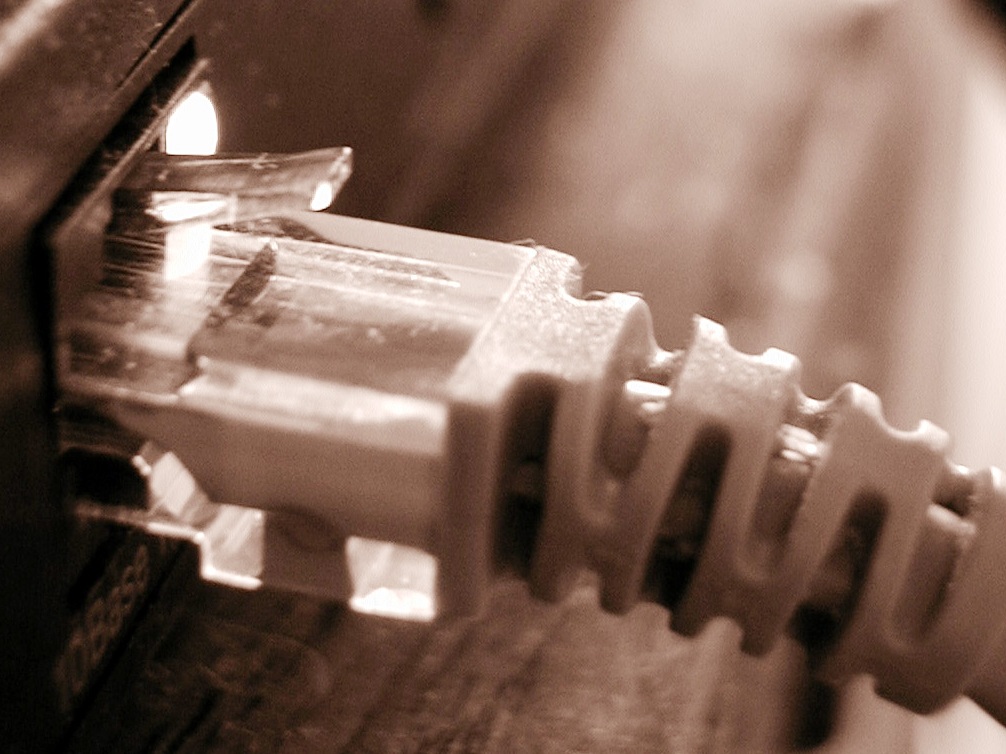Internet to double its carbon footprint by 2020
Exponential online growth is 'not sustainable', say scientists

The internet will become a major consumer of power in the years ahead, creating an 'energy bottleneck' that could mean price increases and service slowdowns.
In a world-first model of internet power consumption, University of Melbourne researchers have identified the major contributors to Internet power consumption as the take-up of broadband services increases.
New services such as high-def video on demand, real-time web gaming, P2P networking, video conferencing and tele-working will increase demand for bandwidth.
Carbon coping
"To support these new services, the capacity of the Internet will need to be significantly increased, so the energy consumption and carbon footprint of the Internet will also increase," said Dr Kerry Hinton of the University's Department of Electrical and Electronic Engineering.
The model predicts that, even with improvements in energy efficiency of electronics, the Internet will increase from 0.5% of today's national electricity consumption to 1% by around 2020.
"It has now become clear that the exponential growth of the Internet is not sustainable," said Dr Hinton. "If service providers don't update their equipment, energy consumption will soar, but then the cost of updating may also be prohibitive."
Get daily insight, inspiration and deals in your inbox
Sign up for breaking news, reviews, opinion, top tech deals, and more.
Hinton reports that Internet-based companies are already experiencing difficulties due to the size and power requirements of servers, routers and data centres.
Mark Harris is Senior Research Director at Gartner.